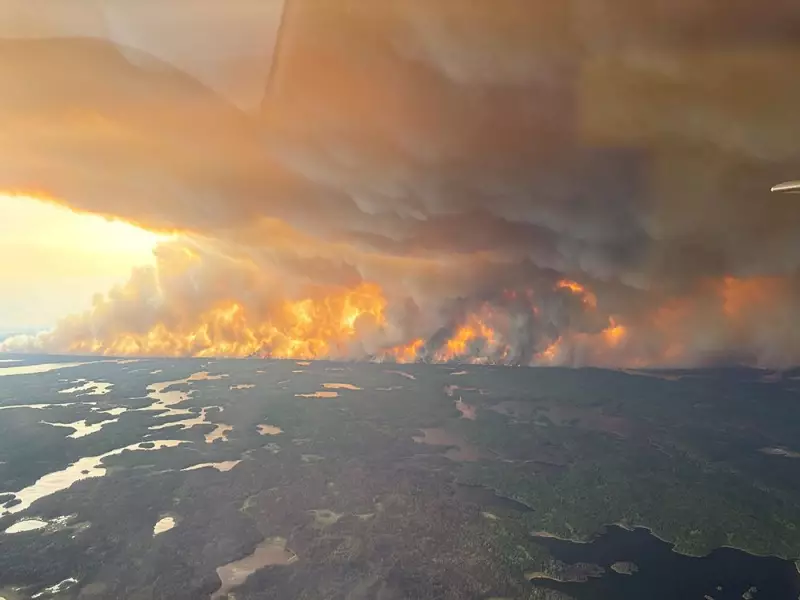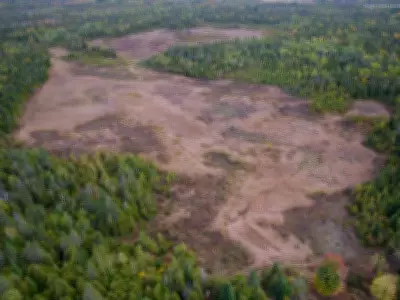
As smoke from Canadian wildfires continues to blanket border regions, a diplomatic conversation about forest management strategies is heating up between Washington and Ottawa. The Trump administration is quietly encouraging Canadian officials to adopt more aggressive forestry practices to combat the escalating wildfire crisis.
Cross-Border Concerns Spark Policy Dialogue
While the dialogue remains diplomatic and cooperative, it highlights differing approaches to forest management between the two nations. U.S. officials have pointed to successful forest thinning and controlled burning programs in American forests as models Canada might consider adopting more widely.
The conversation comes during an increasingly severe wildfire season that has seen smoke from Canadian fires affect air quality across multiple U.S. states, making the issue a shared environmental and public health concern.
Forest Management: Prevention Versus Reaction
American advocates for more intensive forest management argue that proactive measures could significantly reduce the frequency and intensity of wildfires. These approaches include:
- Strategic forest thinning to reduce fuel loads
- Expanded controlled burning programs
- Enhanced clearing of deadwood and debris
- Improved forest access roads for firefighting
Canadian officials, while acknowledging the need for effective forest management, must balance these approaches with environmental protections and the vast, often remote nature of Canada's forested areas.
A Diplomatic Exchange Amid Environmental Crisis
The discussions represent a rare area of environmental policy where the Trump administration has taken interest. Unlike broader climate change initiatives, forest management represents a tangible, immediate approach to addressing wildfire risks that aligns with the administration's focus on practical solutions rather than systemic climate policy.
Canadian officials have responded thoughtfully to the suggestions, recognizing the shared interest in reducing cross-border smoke impacts while considering what approaches might work within Canada's unique ecological and jurisdictional context.
The Science Behind Forest Management
Research increasingly supports the role of active forest management in wildfire prevention. Studies have shown that:
- Properly managed forests experience less severe wildfires
- Controlled burns can reduce future fire intensity by up to 70%
- Forest thinning creates natural firebreaks and improves firefighter access
- Healthy, managed forests are more resilient to pest outbreaks that create additional fire hazards
As climate patterns shift and wildfire seasons lengthen, both nations face increasing pressure to develop effective, sustainable approaches to forest conservation and fire prevention.
Looking Forward: Shared Challenges, Shared Solutions
The ongoing dialogue between U.S. and Canadian officials reflects the reality that environmental challenges respect no borders. While approaches may differ, the shared goal of protecting communities, ecosystems, and air quality creates common ground for continued cooperation.
As wildfire seasons grow more intense and destructive, the exchange of ideas and strategies between neighboring nations becomes increasingly valuable. The current discussions may pave the way for enhanced cross-border collaboration in forest management and wildfire prevention for years to come.





